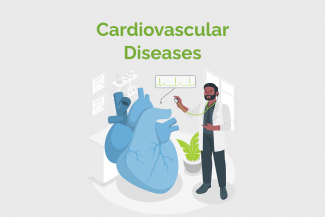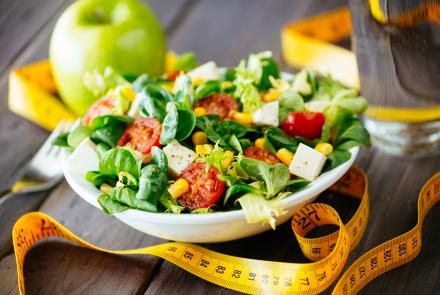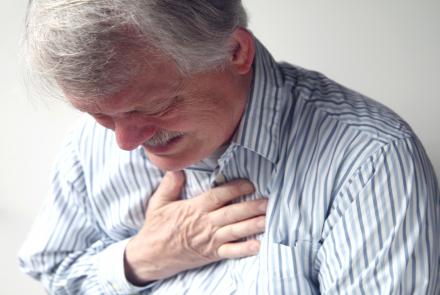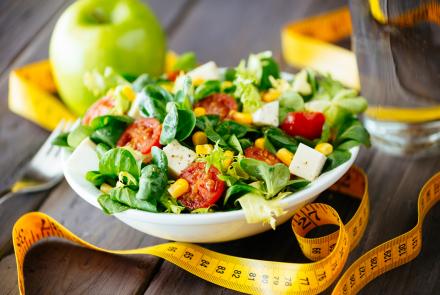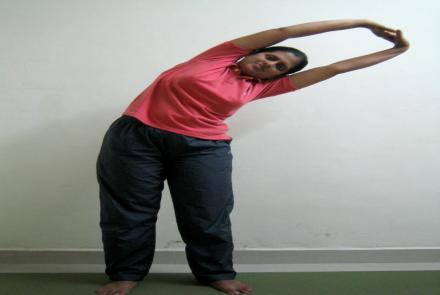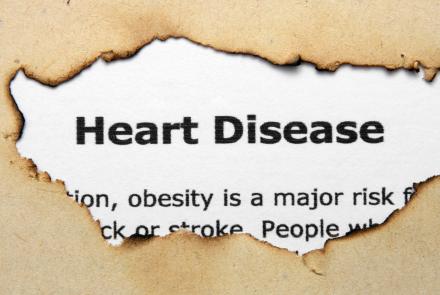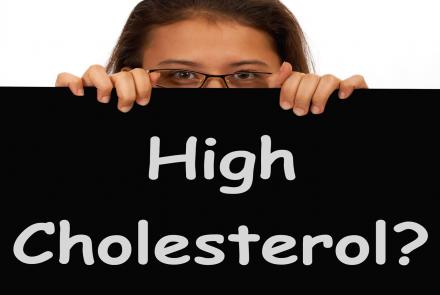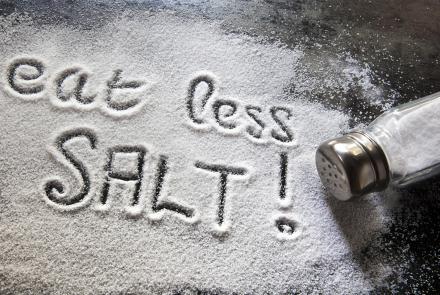Hypertension, High Cholesterol, Heart Disease, High Blood Pressure

Medication
- Anticoagulants [Dalteparin (Fragmin), Danaparoid (Orgaran)] help to prevent harmful clots from forming in the blood vessels.
- Antiplatelet agents (Aspirin) help prevent clotting in patients who have had a heart attack.
- Angiotensin converting enzyme (ACE) inhibitors [Benazepril (Lotensin)] are used to treat or improve symptoms of cardiovascular conditions including high blood pressure and heart failure.
- Beta blockers [Acebutolol (Sectral)] decrease the heart rate and cardiac output, which lowers blood pressure and makes the heart beat more slowly and with less force.
- Calcium channel blockers [Amlodipine (Norvasc, Lotrel)] interrupt the movement of calcium into the cells of the heart and blood vessels. This may decrease the heart's pumping strength and relax blood vessels.
- Diuretics [Amiloride (Midamor)] help to relieve the heart's workload. Also decreases the build-up of fluid in the lungs and other parts of the body, such as the ankles and legs.
- Vasodilators [Isosorbide dinitrate (Isordil)] relax blood vessels and increase the supply of blood and oxygen to the heart while reducing its workload.
- Digitalis preparations also known as Digoxin and Digitoxin (Lanoxin) increase the force of the heart's contractions, which can be beneficial in heart failure and for irregular heart beats.
- Statins are used to lower LDL ("bad") cholesterol, raise HDL ("good") cholesterol and lower triglyceride levels.
Procedures, surgery, programme
- Angioplasty is a non-surgical procedure that can be used to open blocked heart arteries.
- Coronary Artery Bypass Grafting creates a new path for blood to flow to the heart.
- Heart Transplant is considered for patients who suffer severe, progressive heart failure which can’t be helped by medications and other procedures. Surgeons replace the damaged heart with a healthy heart taken from a donor.
- Cardiac Rehabilitation is a professionally supervised programme to help people recover after heart attacks or heart surgery. It usually provides education and counselling services to help heart patients increase physical fitness, reduce cardiac symptoms, improve health and reduce the risk of future heart problems, including heart attack.
Changed
12/Sep/2017
Community
Condition

